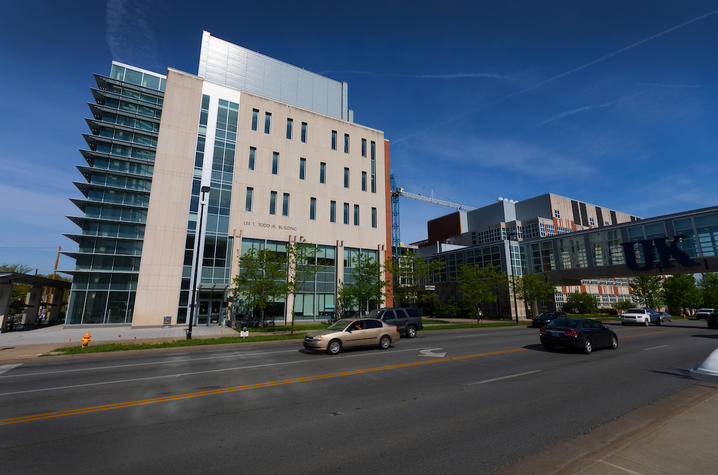UK College of Pharmacy Moves to Make Pharmacy Education More Accessible

LEXINGTON, Ky. (May 21, 2019) – The University of Kentucky College of Pharmacy has eliminated the Pharmacy College Admission Test (PCAT) as a requirement for admission to their doctor of pharmacy program. The college utilizes a holistic admissions process and has determined that the PCAT does not provide any additional useful information for selecting students likely to succeed at UK beyond that already available from prior academic performance.
“We want to find ways to make professional school an option for more students and removing the financial barrier of the PCAT seemed like an obvious solution,” said Jason Mitchell, director of enrollment management for the College.
Typically, underrepresented minority (URM) students achieve scores that are 20 percent below their non-URM counterparts and often take the PCAT two or more times to achieve admissibility to pharmacy schools.
“We know that URM students have lower acceptance rates at the top-10 colleges of pharmacy compared to their non-URM counterparts,” Mitchell said. “And it’s not because they are not qualified. It’s because of various barriers including but not limited to the $210 cost of PCAT registration.”
Reducing the financial burden of potential students is one way the UK College of Pharmacy is becoming a more inclusive and accessible institution. With initiatives including eliminating the PCAT requirement and harnessing the new 3+4 partnerships with Kentucky State University and Kentucky Wesleyan College, the UK College of Pharmacy continues to look for ways to recruit students of the highest caliber while broadening access to students of all backgrounds.
“My hope is that this will make pharmacy education more accessible for deserving financially challenged students without affecting academic rigor,” said Kip Guy, dean of the College of Pharmacy.




